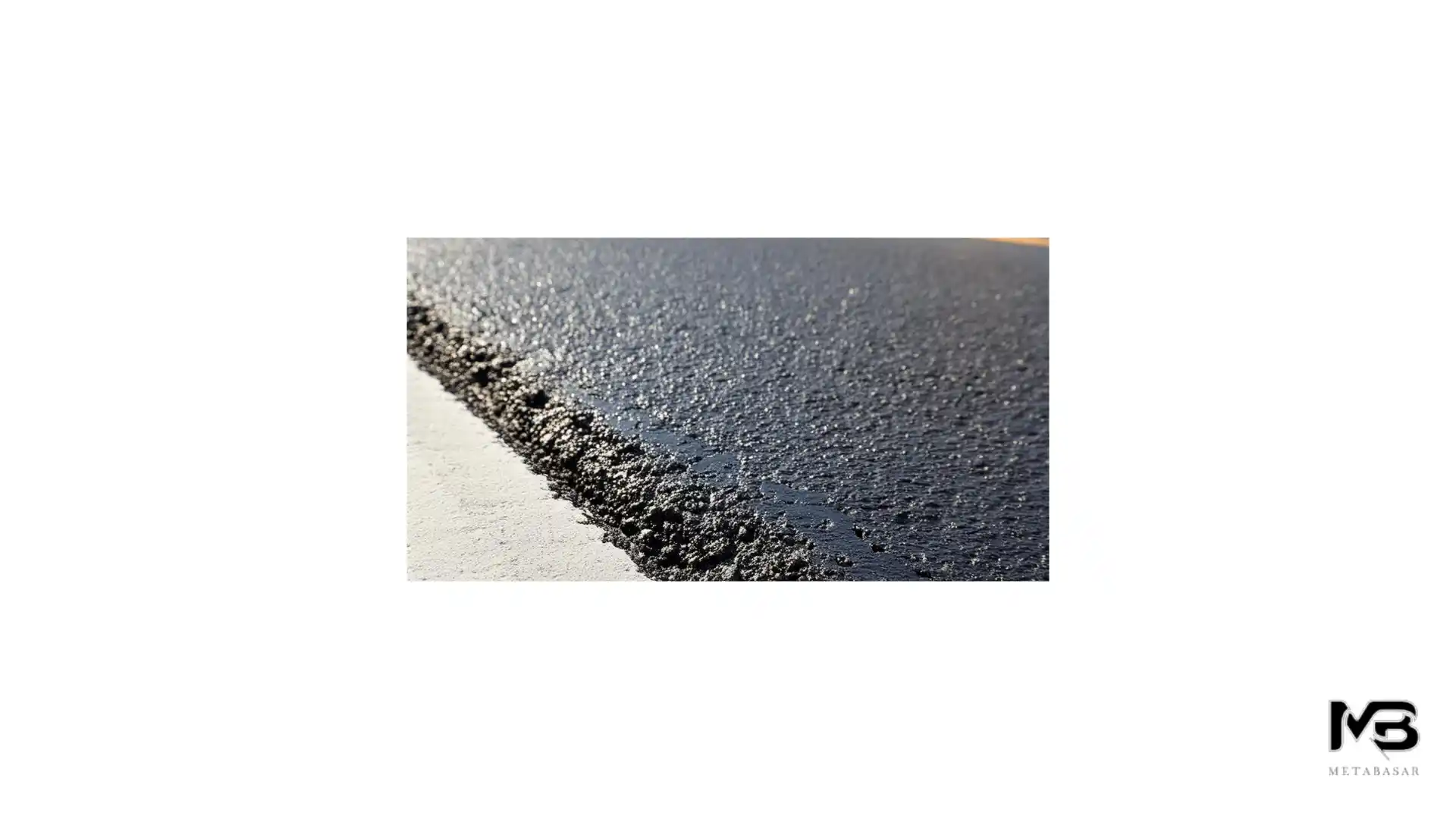Table of Content
Key Highlights Acrylic Sealer Asphalt
- Acrylic Sealer Asphalt are a popular choice for protecting and enhancing asphalt pavements.
- They offer UV protection, enhance durability, and improve the appearance of asphalt surfaces.
- Understanding the different types of acrylic sealers is crucial for selecting the right product.
- Proper application techniques and seasonal considerations are essential for optimal results.
- Regular maintenance and the use of high-quality acrylic sealers can extend the lifespan of asphalt pavements.
Introduction Acrylic Sealer Asphalt
Asphalt sealer is very important for keeping pavement in good shape. It adds a protective layer that helps guard against damage from UV rays, moisture, and wear. A driveway sealer is a special type of asphalt sealer. It is made to handle car traffic and tough weather, making it last longer. The UV protection from asphalt sealers helps stop fading, cracking, and damage. This keeps the pavement looking good and strong.
Understanding Acrylic Sealer for Asphalt
Acrylic sealers are a popular choice to protect and make asphalt pavements look better. These sealers can go into the small holes on the surface of asphalt. This creates a tough barrier that helps against damage. Using acrylic sealers makes asphalt surfaces look nicer and lasts longer.
Sealer additives make acrylic sealers even better. They can improve adhesion, flexibility, and help resist UV rays, oil spills, and daily wear. By creating a protective shield, acrylic sealers keep asphalt looking good and safe from damage.
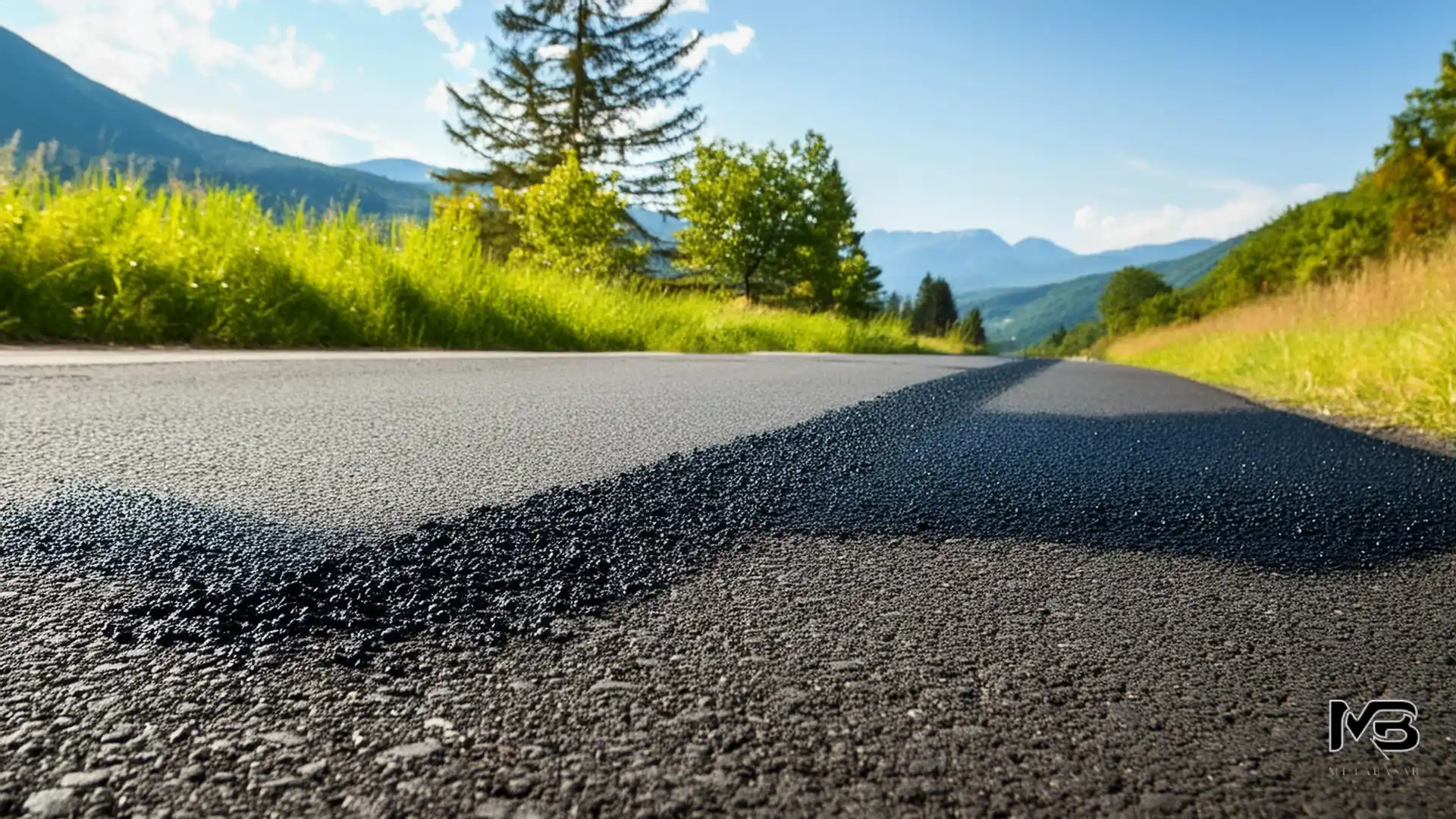
The Basics of Acrylic Sealer
Acrylic sealer is a type of coating made from acrylic polymers. These are synthetic materials. They are known for being strong and lasting a long time. The polymers form a tough film over the asphalt surface. This film protects the asphalt from the weather and helps it last longer.
Acrylic sealer is better than latex-based sealers. It sticks better, resists UV rays, and is more durable. This makes it great for busy areas and places with tough climates. The special features of acrylic polymers let the sealer stretch and shrink when temperatures change. This helps stop cracking and peeling.
You can find acrylic sealers in water-based and solvent-based types. This gives you choices for how to use them and their effect on the environment. Because of this variety and strong performance, acrylic sealers are a top choice for protecting asphalt pavement.
Benefits of Using Acrylic Sealer on Asphalt
One main benefit of using an acrylic sealer is that it offers great UV protection. When asphalt is in the sun, it goes through oxidation. This can cause it to fade, dry out, and crack. Acrylic sealers help block harmful UV rays. This stops the asphalt from aging too fast and keeps its strength.
Acrylic sealers also increase how durable asphalt pavements are. They can resist water damage, oil spills, and other chemicals. These are things that can damage asphalt over time.
Besides these benefits, acrylic sealers also:
- Make asphalt look better by bringing back its black color.
- Stick well to asphalt surfaces, creating a long-lasting bond.
- Create a skid-resistant area, making it safer.
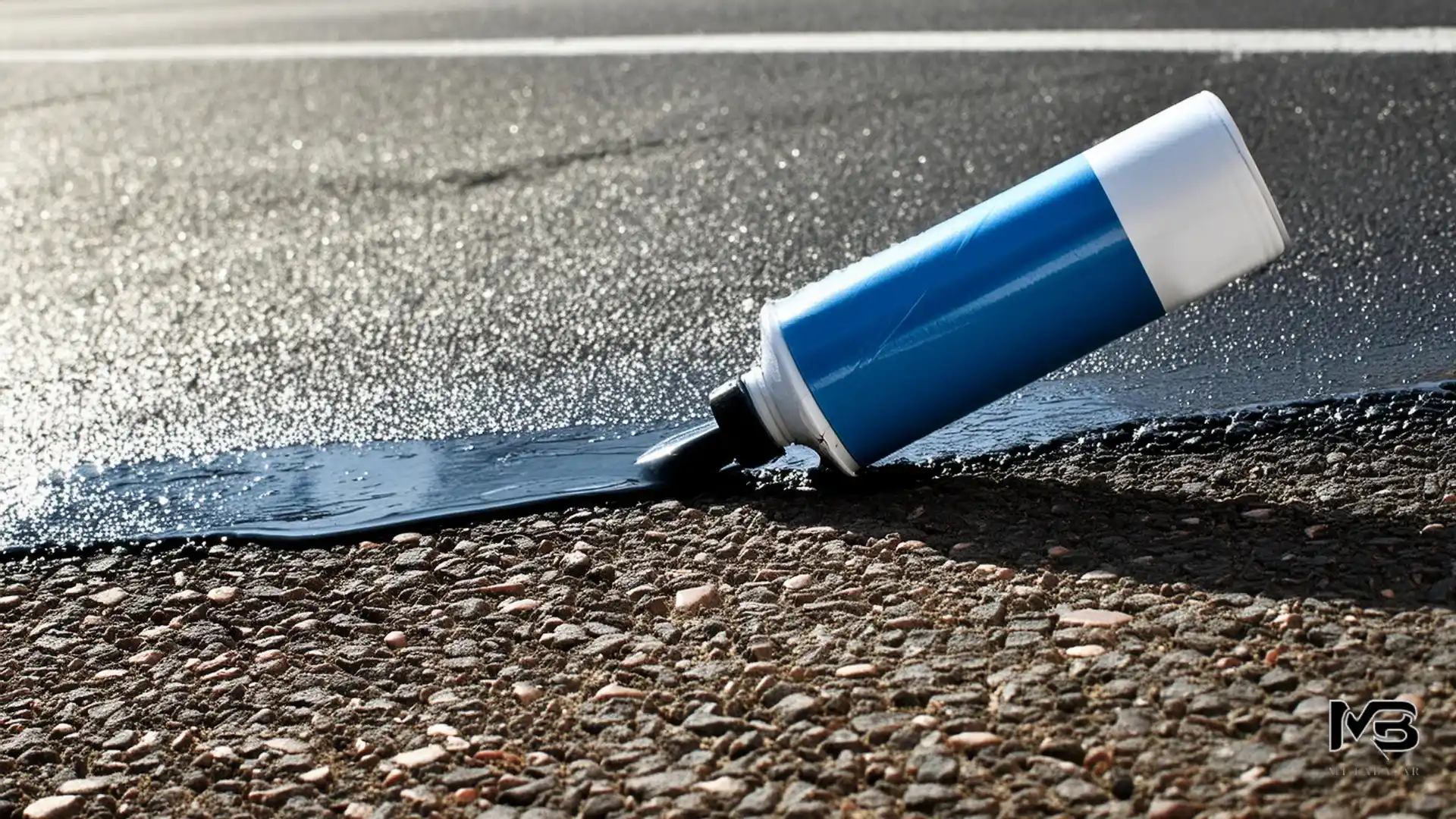
Types of Acrylic Sealers for Pavements
When choosing an acrylic sealer for pavements, consider the project needs and the weather. There are two main types: water-based and solvent-based. Each has its pros and cons.
Water-based acrylic sealers are good for the environment and are easy to apply. They dry fast and release fewer VOCs. This makes them great for places with tight environmental rules. Solvent-based acrylic sealers, however, are stronger and last longer.
Water-based vs. Solvent-based Acrylics
Choosing between water-based and solvent-based acrylic sealers often depends on the specific project requirements and environmental considerations. Here’s a comparison to help you make an informed decision:
| Feature | Water-Based | Solvent-Based | |
| Durability | Moderate | High | |
| VOC Content | Low | High | |
| Drying Time | Faster | Slower | |
| Environmental Impact | Eco-friendly | Less eco-friendly | |
| Cost | Generally lower | Generally higher |
Water-based acrylics are known for their lower VOC content, making them more environmentally friendly. They dry faster, allowing for quicker project completion. However, their durability might be slightly lower compared to solvent-based options. Solvent-based acrylics, while more durable, have a higher VOC content and take longer to dry. They might also require specific safety precautions during application due to their solvent content.
Ultimately, the best option depends on factors such as the level of durability required, environmental regulations, and budget constraints.
Innovations in Acrylic Sealer Technology
The world of acrylic sealer technology is always changing. Manufacturers keep making new and better formulas to improve the performance and lifespan of asphalt pavements. These updates focus on creating sealers that provide better UV protection, stronger adhesion, higher durability, and more resistance to environmental issues.
One important change in acrylic sealers is the use of special sealer additives. You can often find these additives mentioned in the official technical data sheet of the product. They offer many benefits, including more flexibility, better resistance to hot tire marks, and better color keeping. For example, some new acrylic sealers have additives that give a nice “wet look” finish, making the asphalt surface look nicer.
These improvements in sealer technology show a dedication to providing effective and lasting protection for pavement. By using these advanced acrylic sealers, property owners can make their asphalt surfaces last longer and need less upkeep.
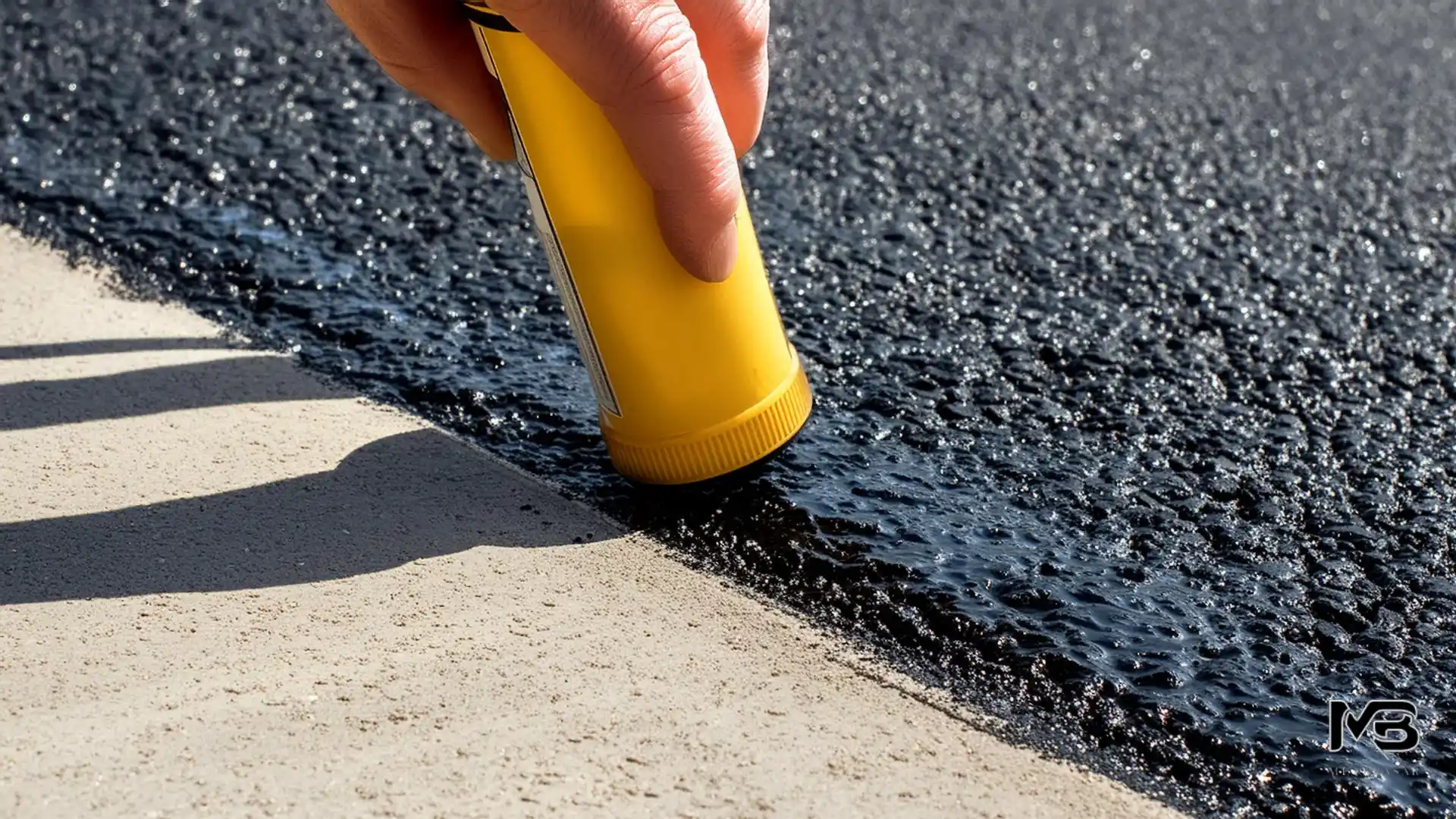
Application Tips for German Climates
Applying acrylic sealer in Germany needs careful thought about the climate. Germany has cold winters and mild summers. This means it’s important to choose the right time to apply the sealer. You also need to adjust your techniques for the season. This helps the sealer cure properly and work well.
The actual coverage of the sealer can change based on the weather. Cold temperatures can make the sealer thicker, which can affect how well it spreads. It’s a good idea to follow the manufacturer’s instructions for the product you have. This way, you can adjust the application rate if needed. Also, it is smart to check the weather forecast. Plan to apply the sealer during a dry spell when temperatures are moderate for the best results.
Best Practices for Applying Acrylic Sealer
Achieving an even coating with acrylic sealer is important for the best results. First, clean the asphalt surface well. Remove any dirt, debris, and plants. Make sure the surface is completely dry before you apply the sealer.
It’s best to use a good roller made for asphalt sealers for a smooth finish. Start by using a brush to go around the edges. Then, use the roller to apply the sealer in thin, even layers. Do not put the sealer on too thick. If you do, it can dry unevenly and cause issues later.
Two thin layers are usually better than one thick layer. Make sure to let each coat dry completely between applications, following the instructions from the manufacturer. By taking your time and following these steps, you can get a professional look and help your sealer last longer.

Seasonal Considerations for Sealing Asphalt
Sealing asphalt at the right time is very important for good adhesion, drying, and performance. The temperature affects how well acrylic sealers cure. If you seal when it is too hot or too cold, the sealer may not stick well to the asphalt surface. This can cause early problems.
Moisture is also a key factor. If you apply sealer on a wet surface, it can trap moisture underneath. This can lead to poor adhesion and peeling. Additionally, rain or high humidity after applying the sealer can disturb the curing process and create an uneven finish.
To make sure your application is successful, choose a time when the weather will be dry and the temperatures are moderate. Avoid sealing in late fall or winter, since the cold and frost can stop proper curing. Sealing in the hottest part of summer can cause the sealer to dry too quickly, resulting in a finish that is not very good.
Conclusion
In conclusion, using acrylic sealers for asphalt can make your pavement last longer and look better. Choosing the right acrylic sealer and applying it properly can protect your asphalt from tough weather and extend its life.
Whether you choose water-based or solvent-based acrylic, these sealers can help resist UV rays and water damage. Keeping up with regular maintenance using acrylic sealer will also help your driveway stay strong. When applying the sealer, think about the climate in Germany and follow seasonal tips for the best results. Using acrylic sealer is also a good choice for the environment, giving long-lasting protection for your asphalt surfaces.
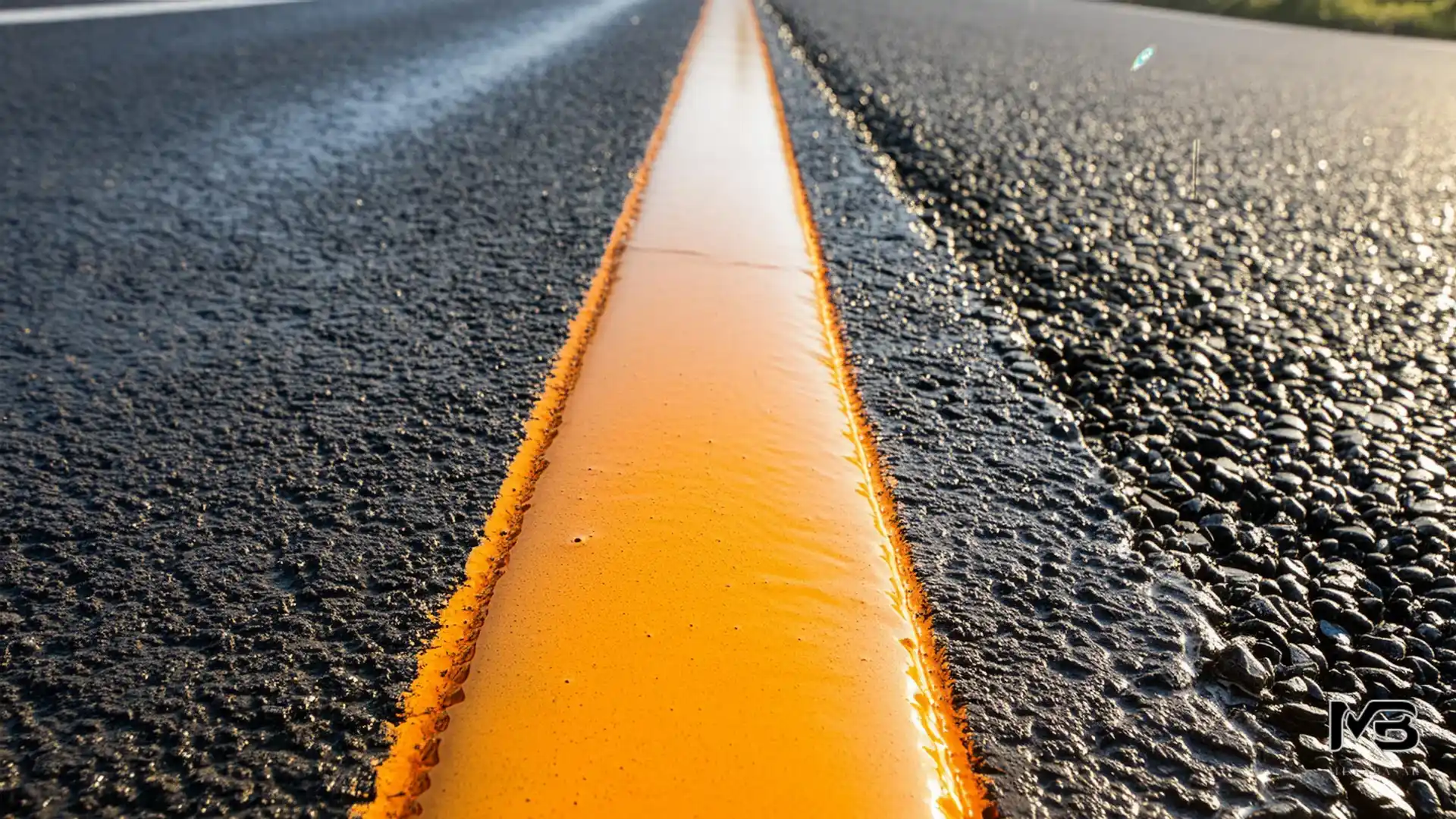
Frequently Asked Questions
How often should I reapply acrylic sealer in Germany?
In Germany, how often you need to reapply acrylic sealer depends on things like how long the sealer lasts, how much traffic it gets, and the weather it faces. Usually, a good-quality acrylic sealer lasts for 3 to 5 years.
It is a good idea to check the warranty information from the manufacturer and look at the official technical data sheet for specific advice on the product you are using.
Can acrylic sealer extend the life of my driveway?
Using a quality driveway sealer can make your asphalt driveway last longer. An acrylic-based sealer is a good choice. It offers UV protection and shields the asphalt surface from vehicle fluids. This helps improve durability and stops the driveway from wearing out too soon.
Is acrylic sealer environmentally friendly?
Water-based acrylic sealers are seen as better for the environment. They have less harmful chemicals, known as VOCs, than solvent-based sealers. Choosing a sealer with low VOCs can help to reduce harm to the environment and health worries.
What’s the difference between acrylic and other types of asphalt sealers?
Acrylic sealers provide better UV protection, durability, and color retention than other types like asphalt emulsion or coal tar sealers. They can reach deeper into the asphalt’s surface holes. This creates a stronger bond and helps to keep it protected for a longer time.

